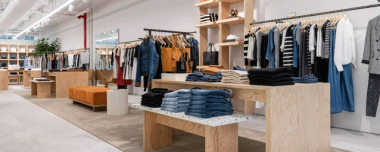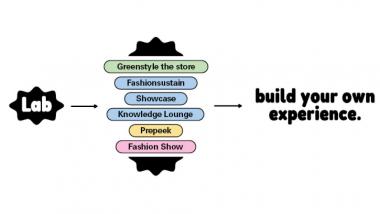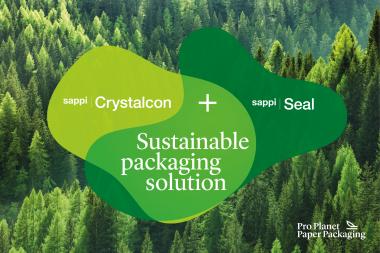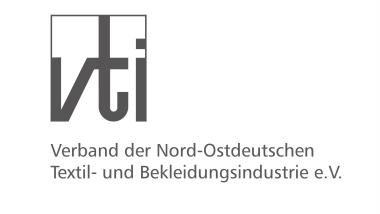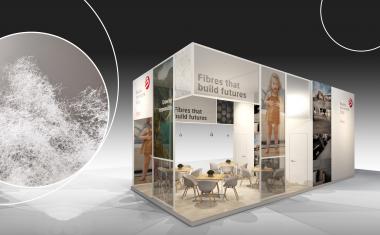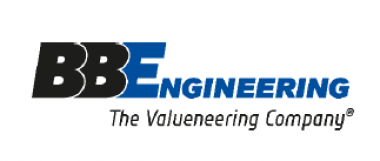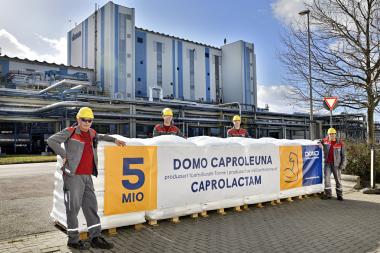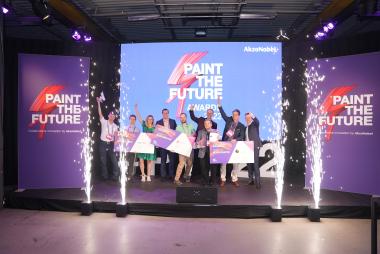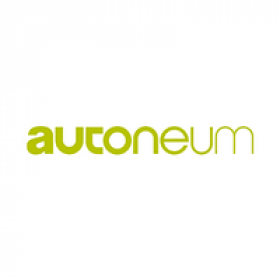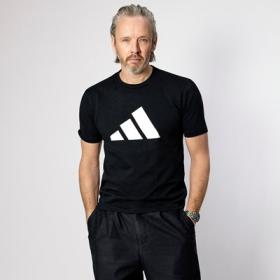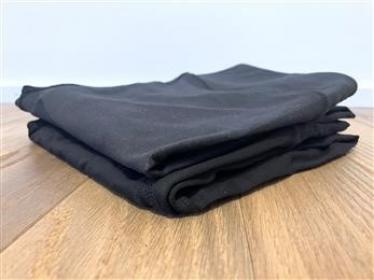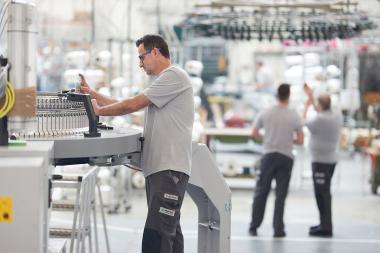Suominen launches its first carbon neutral nonwoven
Suominen launches a carbon neutral nonwoven, BIOLACE® Zero. BIOLACE® Zero is suitable for many kinds of wiping applications like baby, personal care, and household wipes. It has wet and dry strength and it’s very soft. It is made of 100% cellulosic lyocell fibers and the product is 100% biodegradable, compostable and plastic free.
BIOLACE® Zero utilizes VEOCEL™ Lyocell fibers from Suominen´s long-term partner Lenzing. BIOLACE® Zero is made of 100% carbon neutral VEOCEL™ Lyocell fibers.
“We are very excited to introduce BIOLACE® Zero, which is not just Suominen´s first carbon neutral product, but also one of the first carbon neutral nonwovens on the market. BIOLACE® Zero will be available as part of Suominen's sustainable product portfolio”, says Marika Mäkilä, Senior Manager, Category Management, Europe.
Suominen’s BIOLACE® Zero and Lenzing’s VEOCEL™ Lyocell fibers are certified as carbon neutral products by globally recognized company, ClimatePartner. Carbon neutrality means that the greenhouse gas emissions of nonwoven have been calculated – from the raw material production to the client’s production facility – reduced and are offset through certified carbon offset projects.
“With this new carbon neutral product BIOLACE® Zero we are able to support our customers in their greenhouse gas emissions reduction targets. Innovating new products in collaboration with partners such as Lenzing by using carbon neutral VEOCEL™ Lyocell fibers is well aligned with our strategy and vision to be the frontrunner in sustainable nonwovens”, says Noora Rantanen, Manager, Sustainability & Marketing.
Suominen











